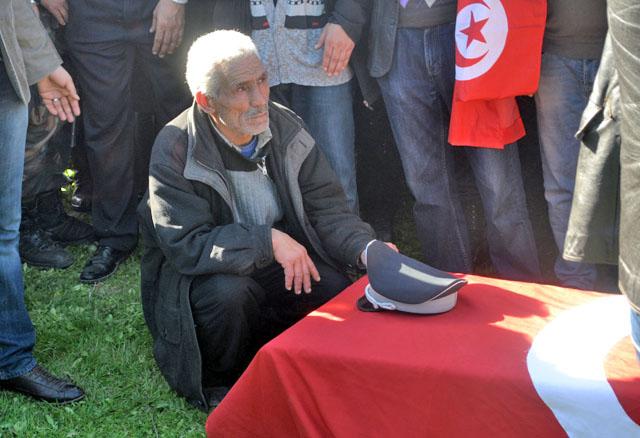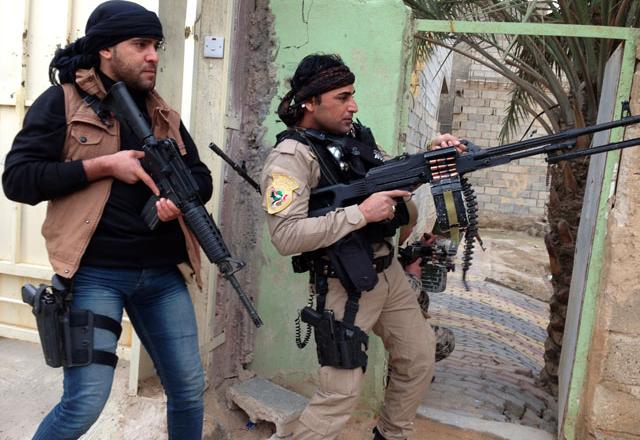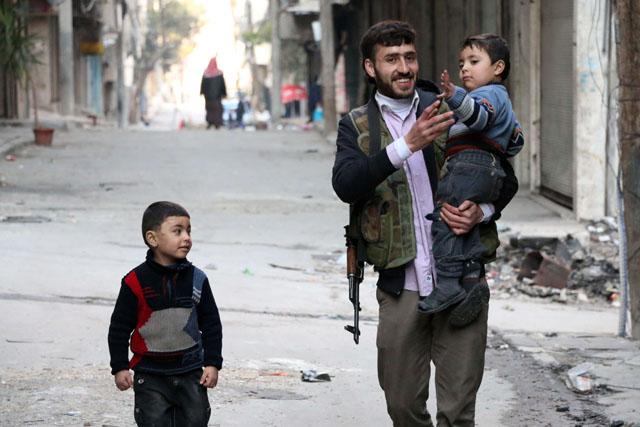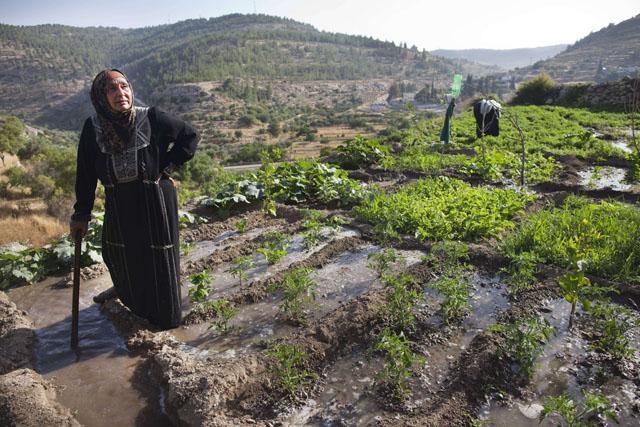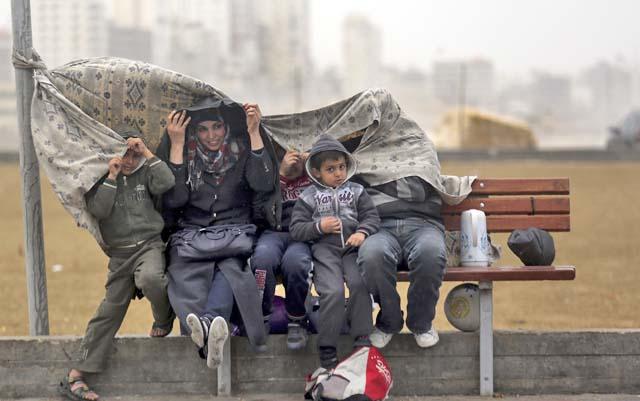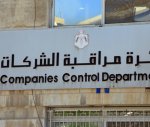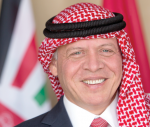RAMALLAH — Palestinian President Mahmoud Abbas said Sunday he was not looking “to flood Israel” with returning Palestinian refugees, at a rare meeting with 250 Israeli students at his West Bank headquarters.
He also said there was no need to “re-divide” Jerusalem in order to have a Palestinian capital in the Arab eastern sector, a central demand of the Palestinians in US-brokered peace talks relaunched last year that have shown little sign of progress.
“Propaganda says Abu Mazen wants to flood Israel with five million refugees to destroy the state of Israel,” he told the group at his Muqataa presidential compound in Ramallah, referring to himself by his nickname.
“All we said is that we should put the refugee file on the table because it is an issue we must solve to end the conflict,” he told them, adding that any solution must be “just and agreed upon”.
“But we will not seek to flood Israel with millions of refugees to change its social character. This is a lie,” said Abbas, who is himself a refugee.
Resolving the question of the right of return for Palestinian families who fled or were forced out of their homes during the war which accompanied Israel’s creation in 1948 is one of the most bitterly-disputed issues in the conflict.
The Palestinians have always demanded that Israel recognise their right of return to homes in modern-day Israel in keeping with UN General Assembly Resolution 194.
But Israel rejects the idea, saying it would erode the country’s Jewish majority. It is, however, prepared for the refugees to live in a future Palestinian state.
There are approximately five million registered Palestinian refugees, mostly descendants of the original 760,000 people who fled or were forced out in 1948. Most refugees now live in Jordan, Syria, Lebanon, the occupied West Bank and the Gaza Strip.
‘Leave Jerusalem open’
Abbas also stressed he did not want to “re-divide” Jerusalem, saying both peoples could live under their own authorities, which would be overseen by coordinating body.
“We do not want to re-divide Jerusalem, [we want to] leave Jerusalem open,” he said.
Israel captured East Jerusalem during the 1967 war and later annexed it in a move never recognised by the international community, but the Palestinians want the eastern sector as capital of their promised state.
“We will build a municipality in addition to the Israeli municipality and we have a superior body to coordinate between them. What’s wrong with this?” Abbas said, winning a round of applause.
“This is the beginning of coexistence, the beginning of real coexistence.”
But he warned that Israel’s ongoing settlement building would complicate peace efforts.
“How do you want me to make peace with you when you’re building here in Beit El [settlement] and saying ‘This is my land’? Where do you want us to build our Palestinian state?” he asked.
“There is no other solution in this region but peace,” Abbas said, prompting another round of applause.
“This solution will bring recognition for Israel from all Arab and Islamic countries.”
The Israelis, most of them masters students in their 20s, were brought to Ramallah by an international grassroots movement called OneVoice that facilitates dialogue between the two sides in a bid to coax the political echelon towards a two-state solution.
Laura Talinovsky, executive director of OneVoice Israel, said they had invited participants through Facebook, asking them to explain why they wanted to come.
“We had over 1,000 people who wanted to come but we only had places for 250 students,” she said, describing the visit as “very fruitful and successful”.
“I came to hear what president Abu Mazen has to say, and to show him and the Palestinians that there are young Israelis that believe in peace and want peace,” said 32-year-old Mizrahi, a student at Haifa University.
“It was a big opportunity to be here and to see the president himself speaking,” said Hadar, a 21-year-old from Sderot near the Gaza border, who said it was her first time in Ramallah.
“It was very exciting”.

